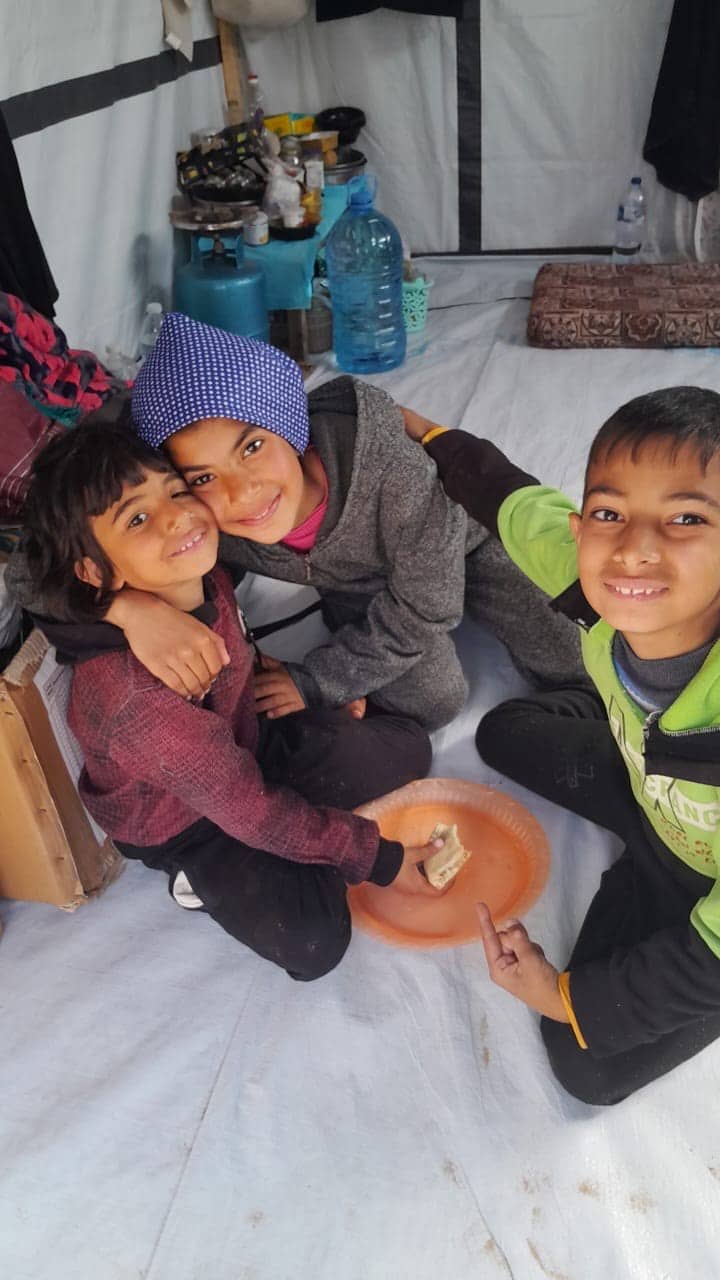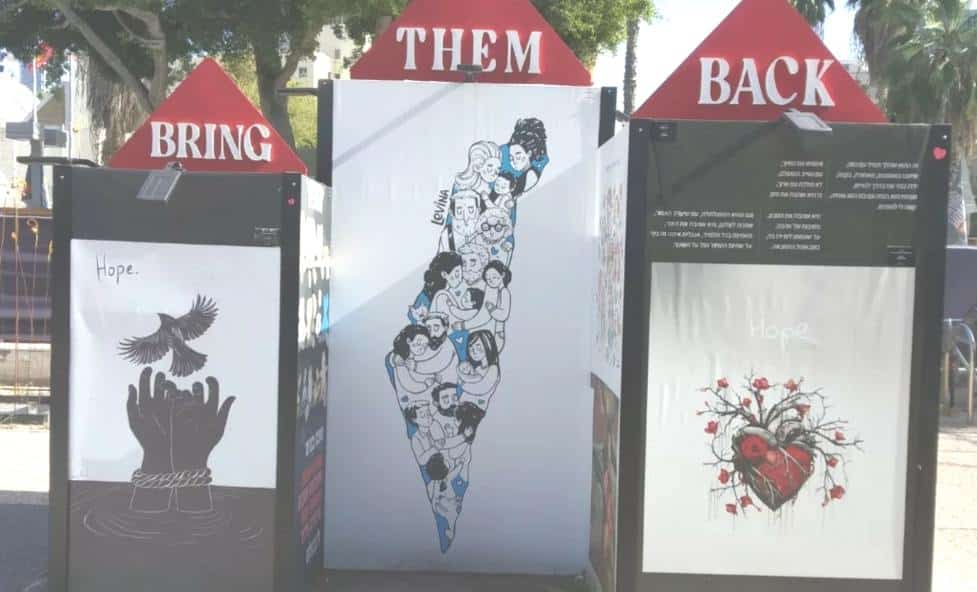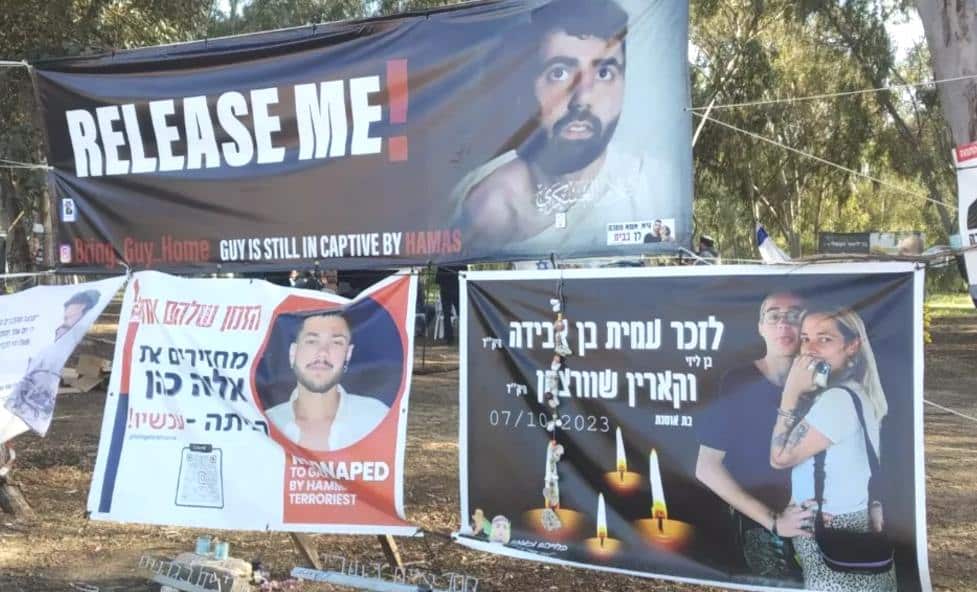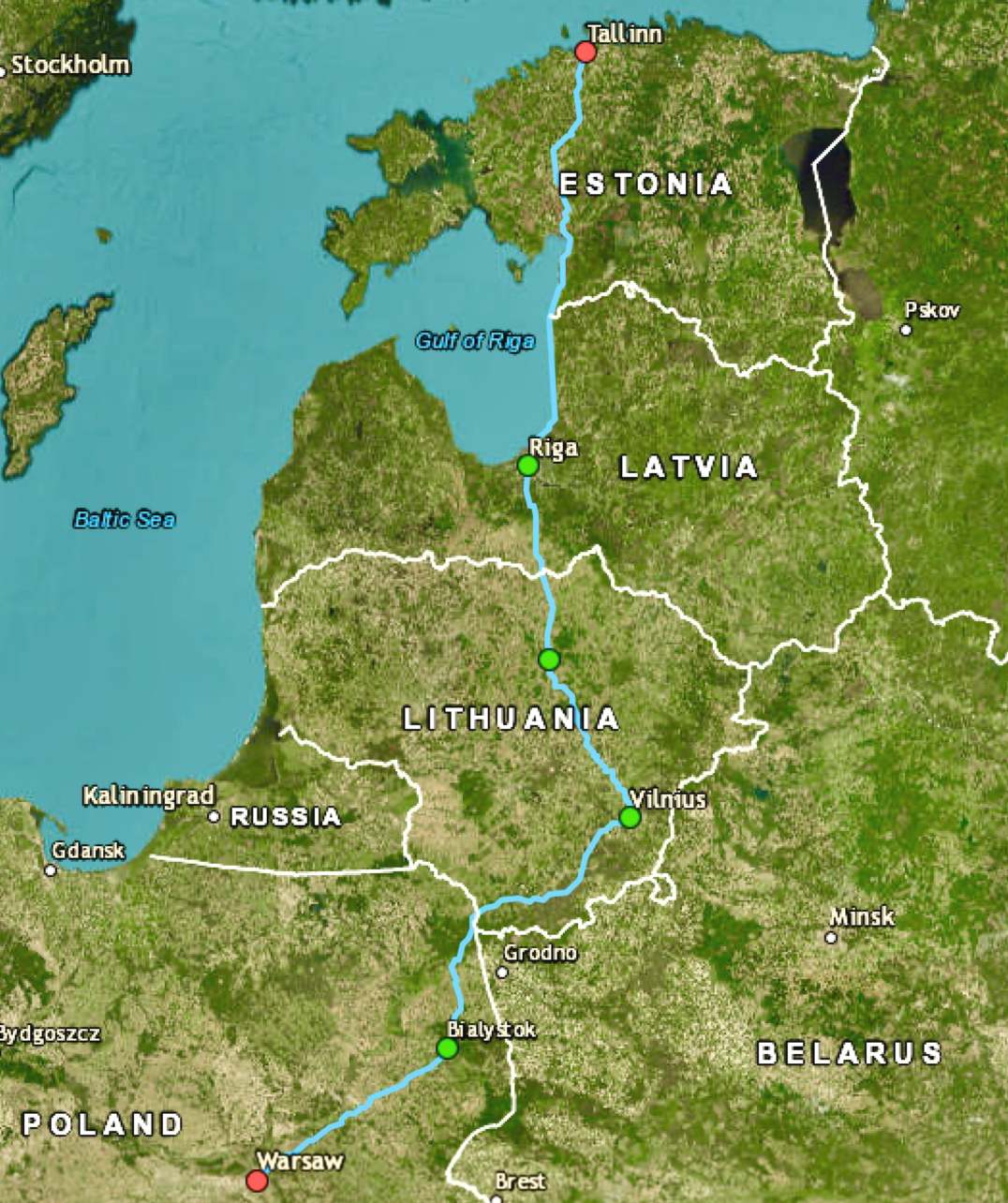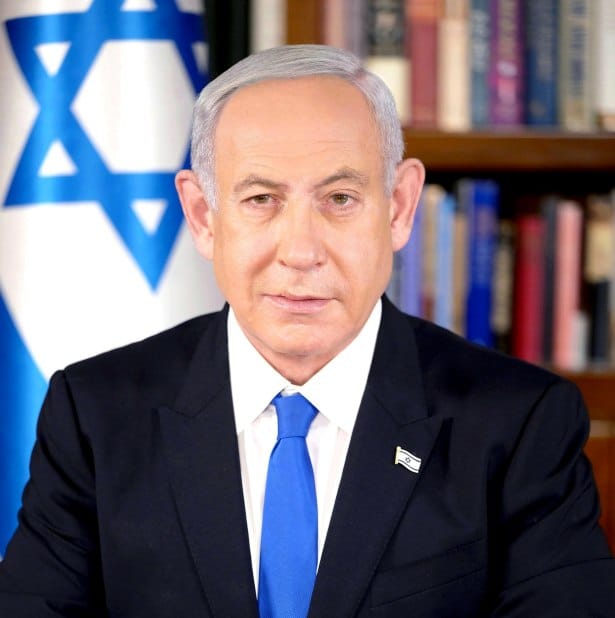PRESIDENT’S COMMENTS
“Dehumanisation is the first Article of War”.
From Richard Martin, President and Founder.
How can anyone possibly imagine the ordeal of living in Gaza right now?
It’s over six months since 7 October 2023 when Hamas terrorists perpetrated the vile attack on southern Israeli communities. The deadliest day for Jews since the Holocaust, which triggered the catastrophic war in Gaza. Today, there are still 134 hostages unaccounted for. It must be agonising for them and their families.
Gazan families have lost everything. Whole communities are displaced. Infrastructure has collapsed. Roads have disappeared under rubble. Homes are obliterated. Shops and marketplaces wiped out. The onslaught has had a damaging effect on the mental and physical health for the 2.2 million Palestinians in Gaza. Famine is imminent in the enclave’s north, where people lack adequate food, water and shelter. If Israel pushes into Rafah in the south as planned, famine could soon loom there.
Is there a future?
Most Gazans we know are desperate to leave the enclave. Depopulated, devastated and destroyed, does Gaza have a future? Gaza once had one of the highest levels of literacy in the region. Now there are no schools, colleges or universities. Nearly 14,000 Gazan children have been killed and over 12,000 injured (UN Office for the Co-ordination of Humanitarian Affairs figures, April 2024)
Various scenarios for the future of Gaza have emerged including a new confederation administered by the Arab League, or Qatar and the USA. Egypt and Jordan and the Palestinian Authority could play an active role but none will cooperate if Hamas is still viable.
For the people of Gaza – the present and the future is bleak.
Richard Martin FRSA, President and Founder, Children of Peace.
NEWS – APRIL 2024
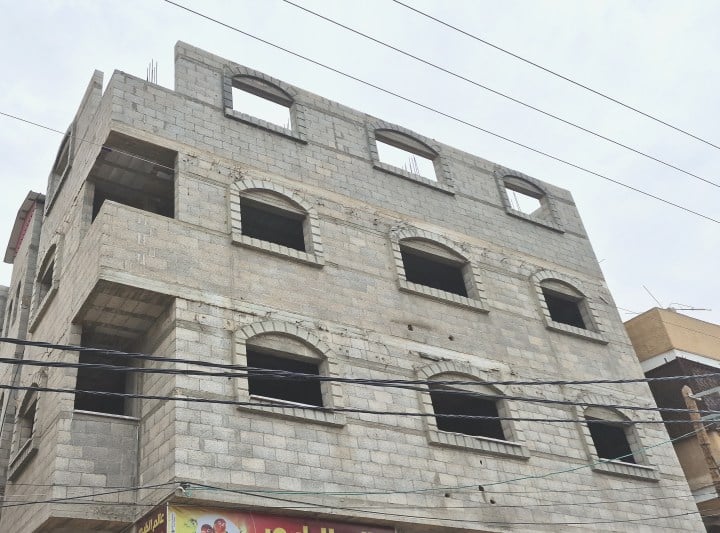
Water Tanks for Gaza Refuge

Desert Stars
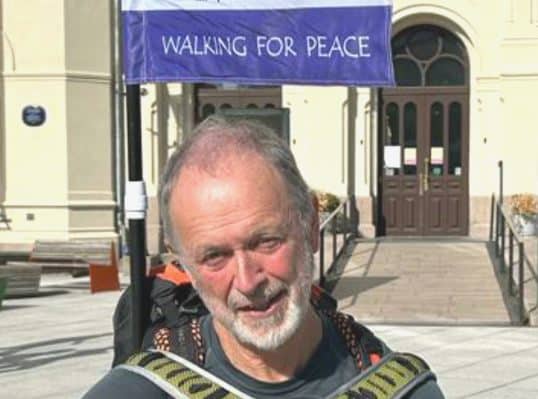
2024 Walk for Peace
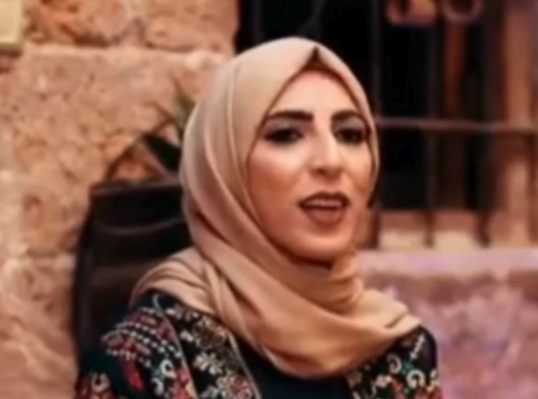
War and Hunger in Gaza
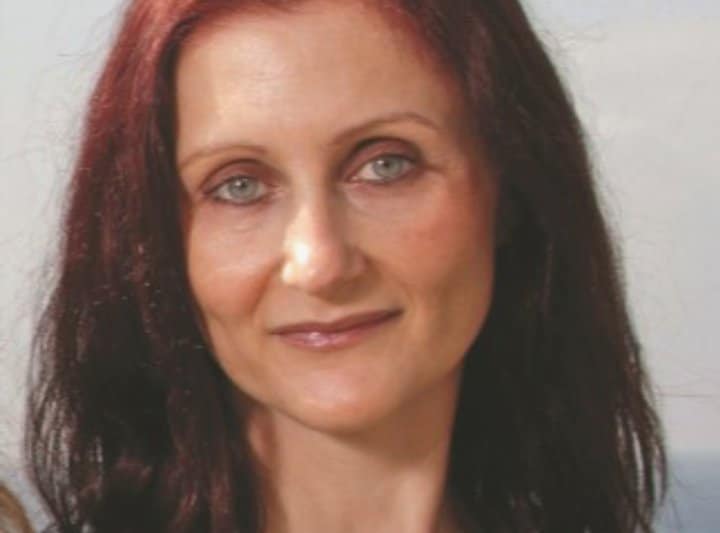
Voice from Israel
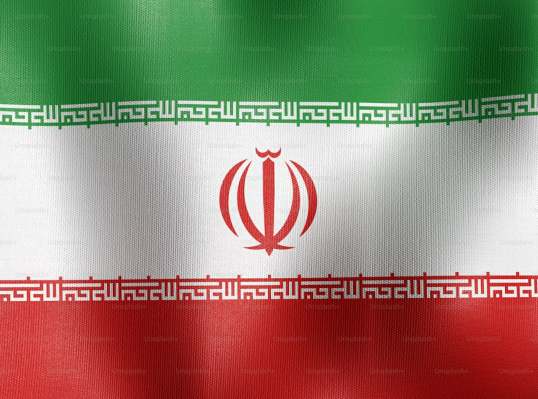
Footnotes
A PERSONAL ACCOUNT OF WAR AND HUNGER IN GAZA

My name is Sara, and I confess…
I hunger for safety, warmth, shelter, and sustenance. I hunger for life.
This exclusive commentary comes from leading Gazan journalist, Sara al-Najjar. She writes of the hardships of war in Gaza.
From hosting television programs to serving as a distinguished voice on radio stations and other media platforms. She also dedicates herself to mentoring youth as a life skills coach, and spreading inspiration through social media.
In the relentless grip of conflict, Gazans find themselves ensnared in a desperate battle against hunger.
Gone are the days of three hearty meals and indulgent snacks – a luxury now a memory. The onset of war has cruelly shrunk our food portions, depriving us of essential nutrients and leaving us grasping at the scraps of sustenance.
The ongoing war on Gaza is not merely on our physical safety but on our very vitality, limiting nutrients like Vitamin C, B12, calcium, iron, protein, zinc, and more. With each passing day, our bodies weaken, starved of eggs, milk, meat, fish, fruits, vegetables, and even clean drinking water. These once staples of our existence, now distant dreams in the haze of the war.
I vividly recall the first days of our displacement, where twenty-one souls huddled together, sharing meagre rations of food. Each mouth received a small loaf of bread, halved for the children. Each mouthful was a fleeting reprieve from the gnawing ache of hunger, yet never enough to silence the cries of the children who kept asking for more, “We want to eat, we’re hungry.” We would hurriedly silence them, falsely claiming satiation, while their dreams of abundant meals became our silent guilt. Their innocent pleas for food echoed through our shelter, a haunting reminder of our collective struggle against an unforgiving adversary.
As aid trickled in, we subsisted on canned grains – beans, chickpeas, lentils – alternating with overpriced vegetables. Our bodies were weakened by the pervasive diseases bred in our harsh living conditions.
I remember one day a stroke of luck allowed us to purchase a chicken at triple its pre-war price, prompting happiness-filled celebrations in our tent.
By the seventh month of conflict, the toll on our bodies and faces was unmistakable. I have lost ten kilograms, while my father lost twenty-one, thirteen for my mother, and seven for my injured 9 year old brother, Adam.
Even with flour becoming available, our meal times remained a stark reminder of our deprivation, with multiple loaves of bread serving as a meagre substitute for the diversity of foods we once enjoyed.
Clean drinking water is another challenge. For months now we have been drinking water that’s unfit for human consumption. Resulting in many of my cousins and aunts and the other relatives we are sharing in our small refugee camp getting hepatitis A. This is very daunting for parents as this is another burden they have to protect the kids from but at the same time they are helpless.
Before 7 October, I harboured doubts about the possibility of starvation amidst plenty. Yet, this war has shattered such illusions, bearing witness to the tragic loss of life to bullets, hunger, and disease. In the midst of this unrelenting horror, I find myself clinging to the fragments of hope, yearning not just for sustenance, but for the very essence of life itself.
This is a little bit of our struggle in the south of Gaza where aid is getting in. However, the food and aid in the northern parts of Gaza are as scarce as the news we get from there. It’s easier for people outside Gaza to connect with the north than us. The destruction of the infrastructure had disconnected the south and north. I haven’t received news from my friends in the north for months now.
From what I hear on my small battery-powered radio, the news of the famine in the north is heart-wrenching. I’m sure the situation is worse than shared. I’ve met extreme hunger, slept hungry for days, and lived on a half loaf of basic bread.
I don’t dare to describe the situation of people in the north who spent days without any food at all.
DESERT STARS, RECIPIENTS OF A CHILDREN OF PEACE GRANT 2023/4
Israeli affiliate Desert Stars received a recent grant from Children of Peace to support their team building work between Jewish and Bedouin teens in the Negev.
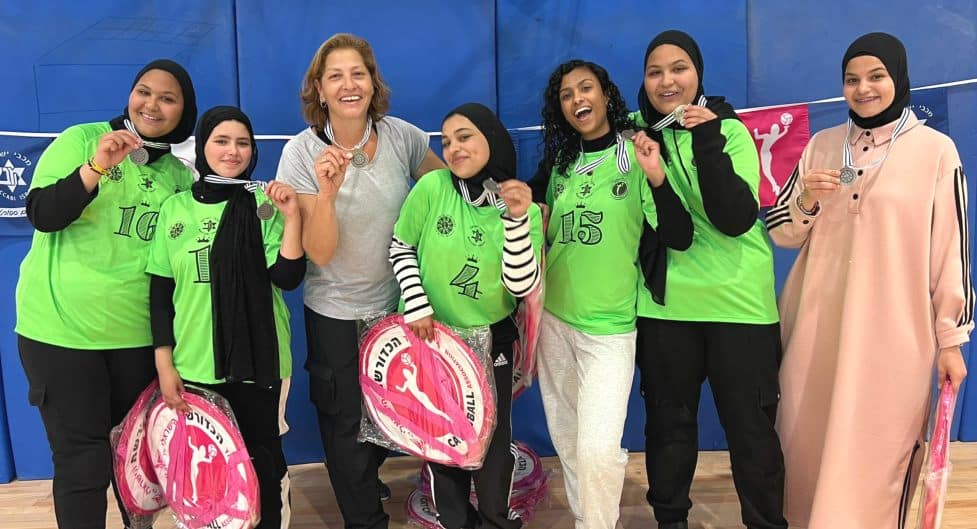
Menucha Saitowitz, Partnerships Coordinator from Desert Stars tells us more…
Desert Stars was founded in 2013 with the aim of building a generation of values-driven Bedouin leaders equipped with the skills to promote economic growth, social development, and coexistence across the Negev.
Together they will be able to improve things for the Bedouin community and the Negev region as a whole.
We operate a unique Leadership High School, gap-year leadership programs for both men and women, an extensive alumni program, and a service-based youth movement.
Formerly nomadic shepherds, Bedouins in the Negev are in a generational long transition to modernity. 80% of Bedouin children live below the poverty line, 21% drop out of high school, and a mere 8% attain a college degree. Over 300,000 Bedouin live throughout the Negev in recognized and unrecognized villages, many without infrastructure such as roads or the electric grid.
Many of the students at our Leadership High School will be the first in their families, or even villages, to attend university. In addition to high quality academics, Desert Stars offer an extracurricular empowerment centre which students attend each day after school. Activities range from robotics and drones to tennis club and a national bike riding group.
We firmly believe in the power of sports to teach our students important life skills such as believing in oneself, working as part of a team, working towards a goal, and developing a sense of responsibility.
All sports programs have shared society aspects with ongoing training with Jewish peers in nearby Mevuot HaNegev high school, or other regional schools.
We were determined not to let the war divide our society, and continued our Jewish-Muslim sports activities as normal.
New in 2024, we established a women’s ‘catch ball’ team, which is similar to volleyball. The sport is completely new to Bedouin society and our trailblazing students are proud to be the first in their community to learn how to play. They recently competed in a national tournament, one of the few Arab schools to participate.
Our bicycling team trains for two hours weekly with Mevuot haNegev. The groups compete together in national competitions and have formed strong friendships. Every six weeks they meet on Fridays for a day long ride, and once per year there is an overnight trip.
Our Ultimate Frisbee team practices for two hours weekly and offers opportunities for our students to develop their ability to work as a team. Frisbee is a very social sport and requires paying attention to one’s surroundings and communicating with your teammates.
We are incredibly thankful to Children of Peace for supporting Jewish and Muslim children building relationships through sports!

Rebuilding Lives
The violence against Israelis and Palestinians hurts children in both communities – with an increase in post-traumatic stress, morbidity, nightmares. Children of Peace carries out urgent work with our partners – protecting and supporting children. Please support our work and help the #childrenofconflict.
Photo credit: Lyle Hastie - Unsplash
Voice from Israel
Our Israel correspondent Rolene Marks writes about the shattering emotional impact of the hostage taking by Hamas on 7 October.
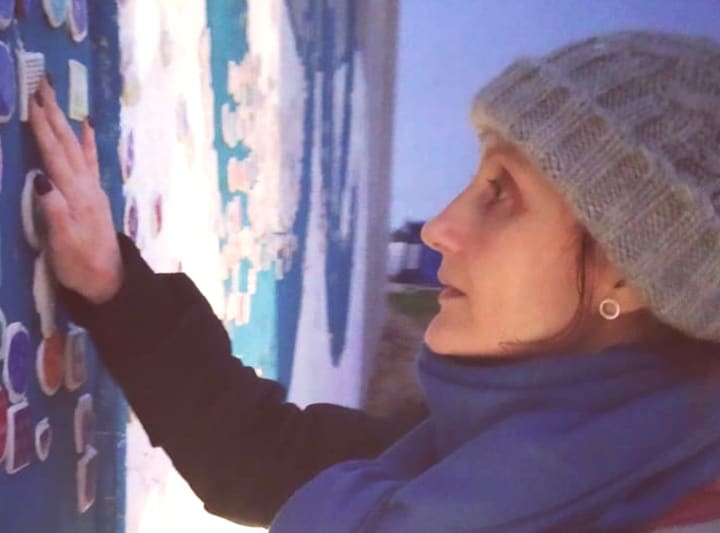
Bring Them Home Now!
I know their names and their faces are with me all day. I think of them all day. Kfir, Ariel, and their parents, Shiri and Yarden. I wonder if the boys are with their mother, and if they have enough to eat and if Kfir meets his milestones. He is only one year old. He has spent nearly half his life in captivity.
I think of Naama and Agam, dragged from their army base by their hair, bleeding in the crotch area. I think of all of them, all the time. There are 134 Israelis and foreign nationals who remain captive in Gaza. Over 30 of them are dead – either murdered on 7 October and their bodies taken into Gaza – or killed in captivity. Hostages include two Israeli civilians held captive since 2014 as well as the remains of two fallen soldiers who fell in Operation Protective Edge in the same year.
19 are women. two are small children. The oldest hostage is 84.
I think of the families in anguish. They do not sleep, they do not eat. They just worry. They are enduring the unimaginable and their courage is staggering.
Israel is a nation still coming to terms with the shock and grief. The atrocities committed by Hamas on 7 October happened in our home, to our citizens. We all know somebody who has been murdered, taken hostage of kidnapped.
We are learning more and more on a daily basis about the depths and levels of depravity that Hamas inflicted on our people. This was the greatest loss of Jewish life since the Holocaust.
Whole families exterminated, women and children raped and tortured, babies burnt and beheaded (yes, this has been substantiated), the elderly gunned down. Revellers at a peace festival hunted like prey and worse. It was depravity and horror that even our worst nightmares couldn’t conjure. There are barely any traces of some of the victims. They were burnt to ash, like our ancestors at Auschwitz.
Every day I think of the hostages. Every day I think of the victims and their families. I think of Hamid, a devout Muslim Bedouin from Rahat, his wife was pumped full of bullets. She was wearing a hijab. I think of Awad the paramedic. He was Muslim too. I think of the Thai workers and the tourists. I think of them all.
What happened on 7 October was a crime against humanity, of barbarity that would seem so unfathomable – but is very, very real.
In December after at least 50 days, some of the hostages were released during a temporary humanitarian ceasefire and the stories of what they endured in captivity is devastating.
Women are routinely sexually harassed as we know from two former hostages who endured sexual violence, and rape as well. Sharon Cunio, who was released from captivity, said the “terror is never-ending” under Hamas’ control and is “indescribable.”
“It is the never-ending terror that you will be hurt, that there is no one to save you and that you are at the mercy of Hamas,” Cunio said.
Hostages are held either in tunnels or in private residences. Released hostages have spoken about how they were transported using ambulances and hospitals like Shifa were also used to hide hostages.
An UNRWA worker held one male child hostage. Hostages have spoken about how they have been held in tunnels with little to no food, air, water and sunlight. Some accounts include child hostages burnt on the legs by exhaust pipes in order to identify them if they run away. Hostages speak of no adequate medical care and if they screamed in pain, they were threatened that they would be shot. The psychological torture is just as bad.
Each account is as horrific as the next and released hostages have vowed to keep advocating until everyone is home.
We will not rest until all our hostages and remains are returned to us. There is no greater mitzvah in Judaism than the redemption of the captive – and these are our friends and family that have been taken. Hamas forced a war that neither Israelis nor Palestinians want on us. We all pray for an end to this war. It starts with the release of the hostages. Bring them home NOW!
Israel is a nation still coming to terms with our shock and grief. The atrocities committed by Hamas on 7 October happened in our home, to our citizens. We all know somebody who has been murdered, taken hostage or kidnapped.

OUR COALITION OF PEACE
… is a unique peace network with affiliates on every continent, and especially in Gaza, Israel, Jordan, the West Bank, Turkey, Egypt and Morocco.

Children of Peace Goodwill Ambassador Paul Haines tells us about his 2024 Baltic Walk for Peace
In 2023 my travels in Scotland and Walk for Peace in Scandinavian countries went ahead successfully. This year I am embarking on a Baltic Walk for Peace.
There is a JustGiving page for this walk.
In May and June this year, I will be Walking for Peace from Tallinn, to Riga, Vilnius and then Warsaw, a distance of approximately 700 miles.
I will be walking close to a war that is ongoing in Ukraine and very conscious of other wars around the world including the war in Gaza. I have chosen the charity Children of Peace because of their inspiring work funding many organisations that help children in the Middle East.
This follows my previous Walks for Peace supporting the charity Children of Peace. In 2015 I walked from Rome to Jerusalem, 2015peacewalk.wordpress.com
In 2019 I walked from London to Hamburg (via Brussels and Amsterdam), and in 2023 from Hamburg to Helsinki (via Copenhagen, Oslo and Stockholm).
As before I will walk wearing signs with information about my walk and a ‘peace flag’. I will also carry one of my books in which I ask people to write their Message of Peace. I will engage with as many people as I can to help raise the profile and awareness of peace in this world. As previously, I will spend time in the cities I visit researching for my site, linkstopeace.org
FOOTNOTES
In her latest news update, Professor Sarah Brown reviews key events in the region.

Iran pounds Israel with missiles in response to embassy attack
On 1 April, a missile strike against the Iranian embassy in Damascus, generally assumed to have been launched by Israel, resulted in several deaths, including two senior members of Iran’s Islamic Revolutionary Guard Corps (IRGC). A military response from Iran was widely expected. Some believed that Iran would want to avoid a direct attack against Israel, and might instead target Israeli embassies or retaliate using its proxies in Iraq or Syria. However, on 13 April Iran, in co-ordination with allies in Lebanon and Yemen, launched attacks against a range of sites in Israeli including various airbases.
The overwhelming majority of missiles and drones were intercepted or shot down by Israeli, US and UK air forces, with assistance from France and Jordan. Only minor damage was caused, and one Israeli-Bedouin child was injured. Currently, there is uncertainty over Israel’s response, with its western allies urging restraint, while the Israeli war cabinet mulls over a range of options.
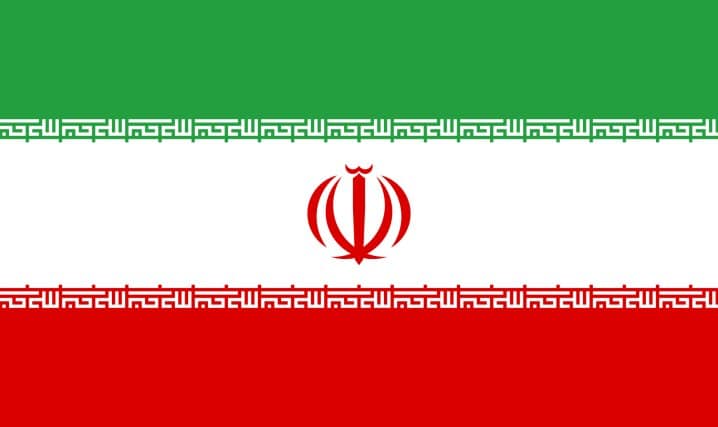
Opposition to Netanyahu in Israel
The beginning of April saw rallies in Tel Aviv and other Israeli cities, with thousands of protestors calling for immediate elections. The emphasis of these rallies was on the government’s failure to secure the release of around 130 hostages still remaining in Gaza, and many hostage family members joined the protestors. The discovery of the body of one hostage, Elad Katzir, apparently seen alive in a Hamas video taken in January, fuelled the anger and frustration of the crowds. His sister said he would still be alive if the Israeli authorities had committed to a new truce deal.
Recent polls suggest that around 71% of Israelis think Netanyahu should resign, although there is disagreement as to whether he should do so immediately or after the conclusion of the war. Polls also indicate that the current government would be defeated if an election were called, and predict that a coalition dominated by the more centrist Benny Gantz and Yair Lapid would be able to form a government. However, although Netanyahu’s ratings are very poor, many also blame the IDF and security services (Shin Bet) for the way the war is being handled.
You can read more about polling data.
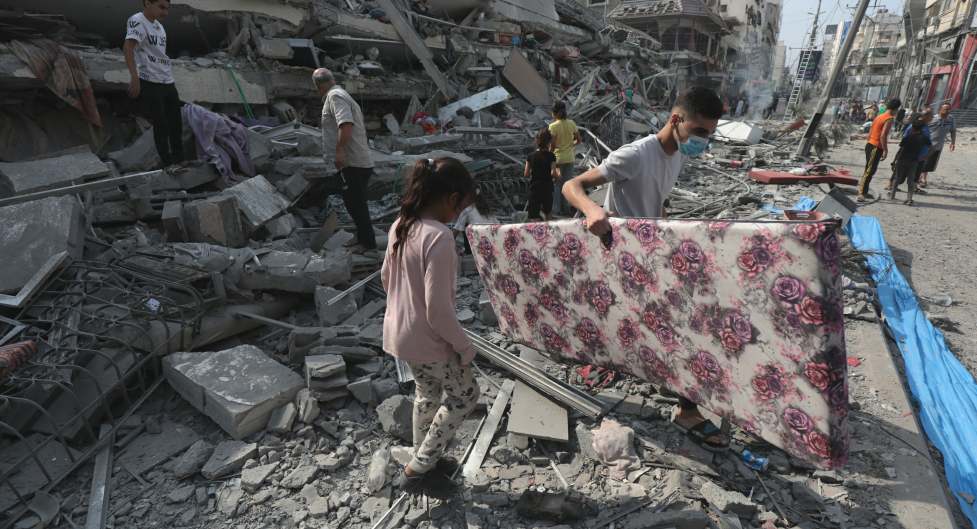
Famine in Gaza
The festival of Eid-al-Fitr, which fell on 9 April, is usually a time of celebration for Muslims, with feasting, presents and new clothes. But in Gaza even the most basic supplies are hard to come by and many homes – and mosques – are in ruins. Essential infrastructure – electricity, hospitals, water, sanitation – has been destroyed. Many are mourning relatives killed in the war.
Conditions are taking their toll on all in Gaza, and children are particularly affected. Mothers are having difficulty either breastfeeding or securing baby formula. People are resorting to using animal feed to make bread. Poor nutrition is leading to other health problems including a rise in infections.
The deaths of World Central Kitchen aid workers in Israeli strikes have dealt yet another blow to starving Gazans as the charity has now had to suspend operations. Israel has also recently blocked aid deliveries to northern Gaza organized by UNRWA because of the alleged involvement of some people working for the UN agency with the 7 October attacks.
Israel has come under pressure from many sides – including UK Foreign Minister David Cameron – to do more to alleviate the suffering in Gaza. Israel’s Defence Minister, Yoav Gallant, has announced the opening of a new land crossing on the northern part of the Gaza/Israel border. This would facilitate aid deliveries to Palestinians. Israeli authorities have also launched a plan to allow more aid to enter Gaza via the port of Ashdod. As ever, there are different perspectives on the situation. Spokespeople for the Israeli government insist that a great deal of aid is being sent into Gaza, but that problems with distribution, alongside misappropriation of aid by Hamas, is stopping it reach all in need.
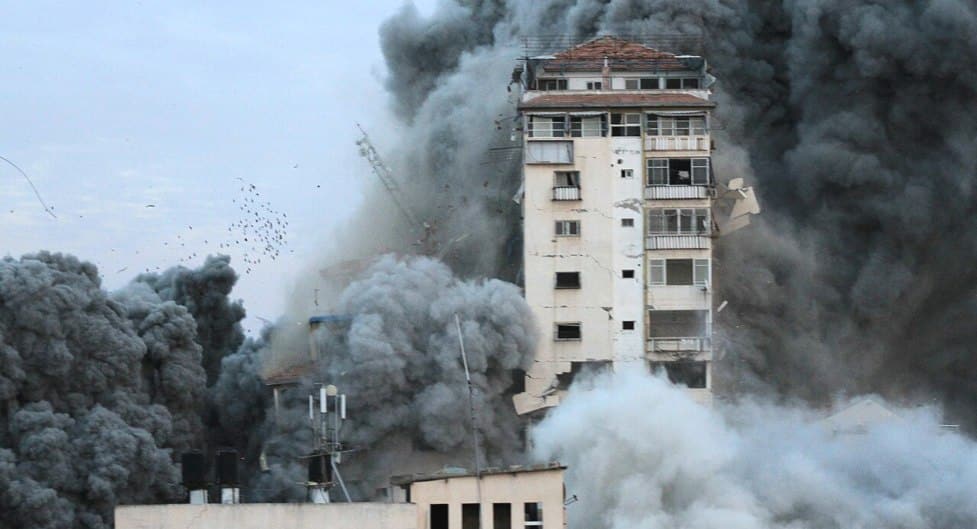
Photo credits.
Gaza war images and Iran flag came from Wikipedia, Creative Commons.
Other images were supplied by the subjects.






